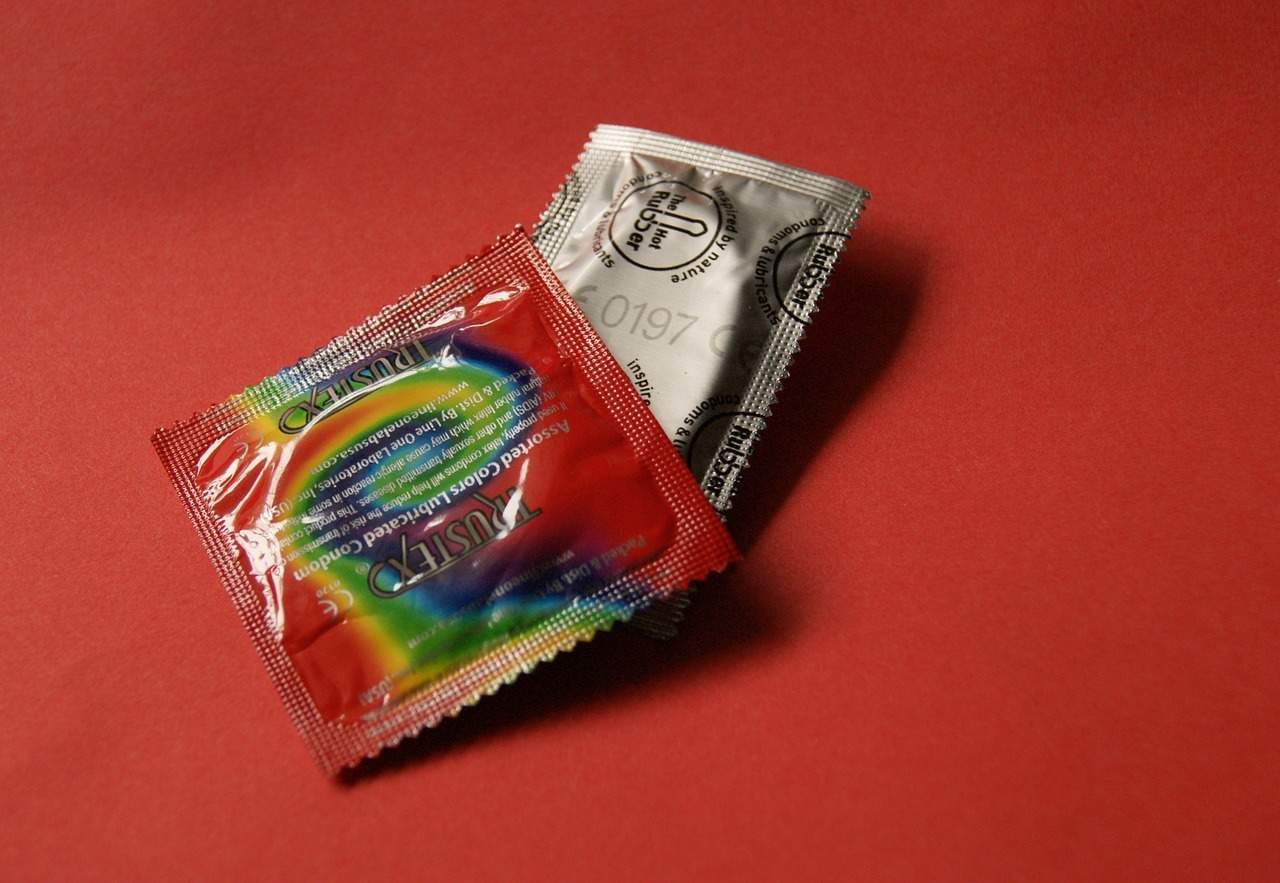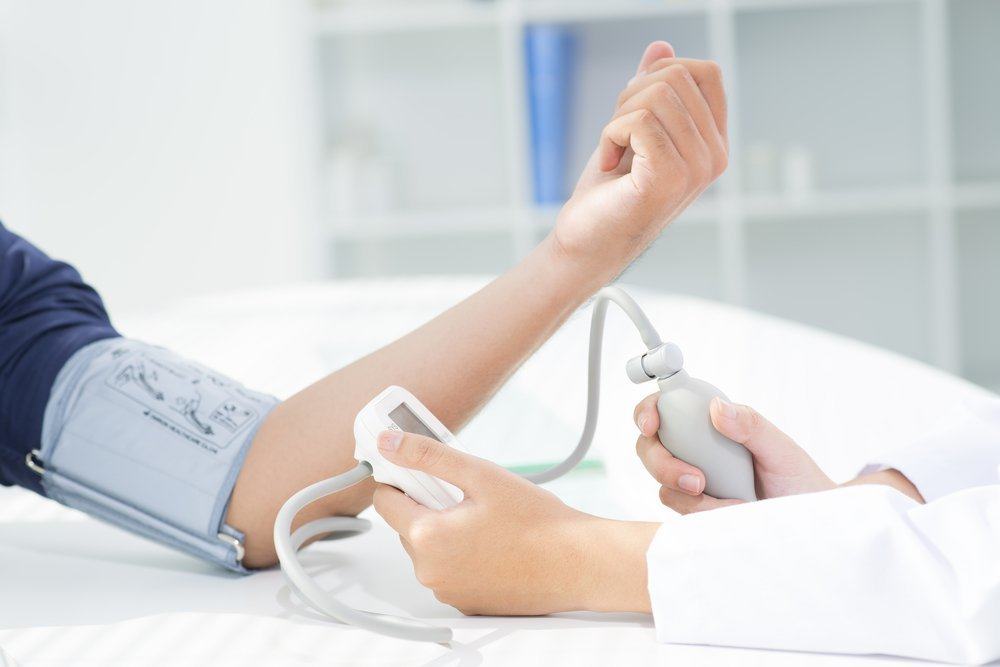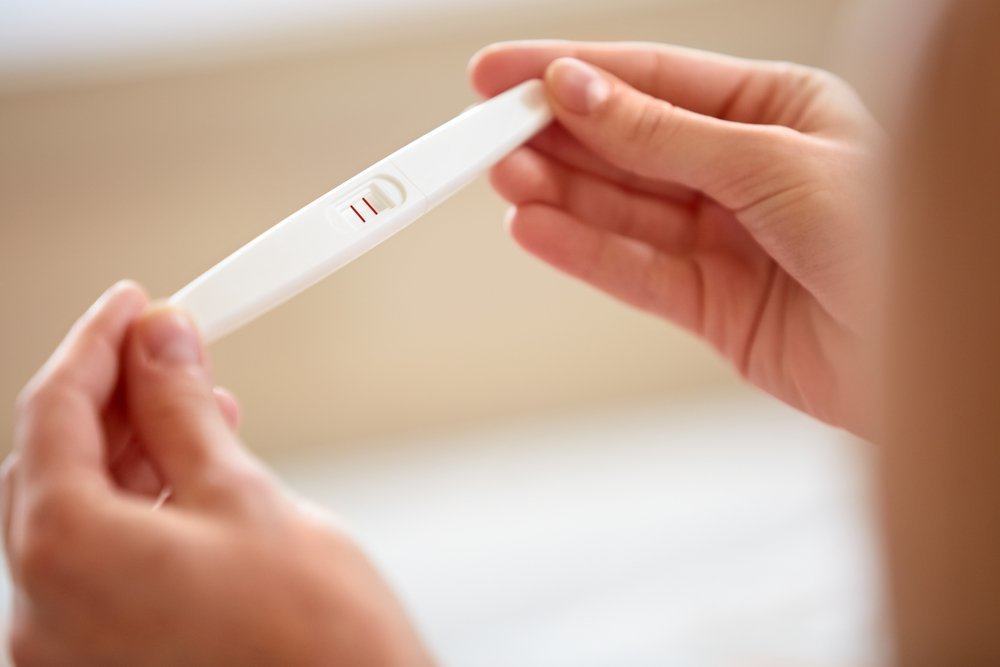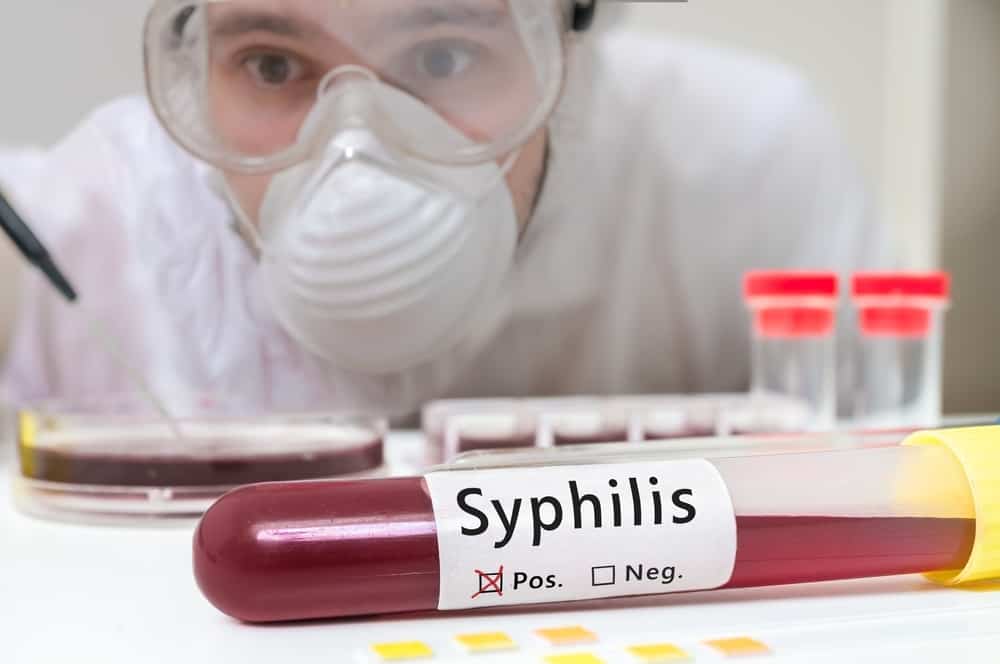Contents:
- Medical Video: 10 Menopause Symptoms to Know When You're Young
- When will I experience menopause?
- What are the symptoms of menopause?
- Post menopausal osteoporosis
- Post-menopausal heart disease
- Relieve menopausal symptoms
- Menopause in men
Medical Video: 10 Menopause Symptoms to Know When You're Young
Every woman will go through menopause, but each has a different experience. Menopause does not occur at the same age or for a certain period of time, and this can cause different symptoms - both physical and emotional. Menopause can make a woman's life uneasy, while in some women, they can go through it without problems.
Menopause is the time when the monthly menstrual cycle in a woman stops. This happens because when women get older, their eggs will slowly run out. Some scientists believe this happened to protect women and their children from the dangers of getting pregnant in old age.
When will I experience menopause?
The average age of women experiencing menopause is 52 years, but a woman can experience menopausal symptoms between the ages of 45 and 55 years. Symptoms can last between two and five years.
Medical conditions can cause menopause to occur earlier, sometimes in women in their 20s or, in extreme cases, in childhood. Known as premature uterine failure or premature ovarian failure (POF).
What are the symptoms of menopause?
Changes in hormone levels can produce different symptoms. It is estimated that around two-thirds of women experience common symptoms such as burning and sweating at night. However, some women also report psychological symptoms, including depression, fatigue, lack of energy, and vaginal dryness, which can be related to a decrease in sexual desire. The long-term effects of menopause include an increased risk of osteoporosis and cardiovascular disease.
Post menopausal osteoporosis
Bone strength depends on bone tissue density and structure. Decreasing the amount of minerals in the bone and slow production or replacement of bone cells can weaken the bone. This happens to many people as they get older, but these changes occur faster in women after menopause. This is why one in three women over the age of 50 has osteoporosis, compared to men who are only one in 12.
Osteoporosis increases the risk of fractures, especially in the wrist, hip, or spine. Because estrogen is important for healthy bone growth, hormone replacement therapy /hormone replacement therapy (HRT) can help protect a woman's bones from osteoporosis when they undergo this treatment.
Post-menopausal heart disease
Cardiovascular disease is a disease of the heart or blood vessels, including heart attacks and strokes, usually caused by clogged arteries. The cause of death is most common in women over the age of 60 years and there is evidence to suggest that women are more prone to arterial blockage after menopause.
Relieve menopausal symptoms
In addition to protecting women from osteoporosis, hormone therapy is also good at controlling menopausal symptoms, but can slightly increase the risk of developing conditions such as breast cancer, deep vein thrombosis (DVT), stroke and heart disease.
Changing your diet and exercising frequently can also help relieve menopausal symptoms.
Menopause in men
Some men may experience depression, loss of sexual desire, erectile dysfunction, and other physical and emotional symptoms when they enter their late 40s or early 50s. This is sometimes referred to as "male menopause". However, this term can be misinterpreted, because unlike menopause in women, this symptom is not always related to hormones.
READ ALSO:
- 5 tips to make menopause feel easier
- Prevent hypertension in the elderly
- Why coronary artery disease is more fatal in women












